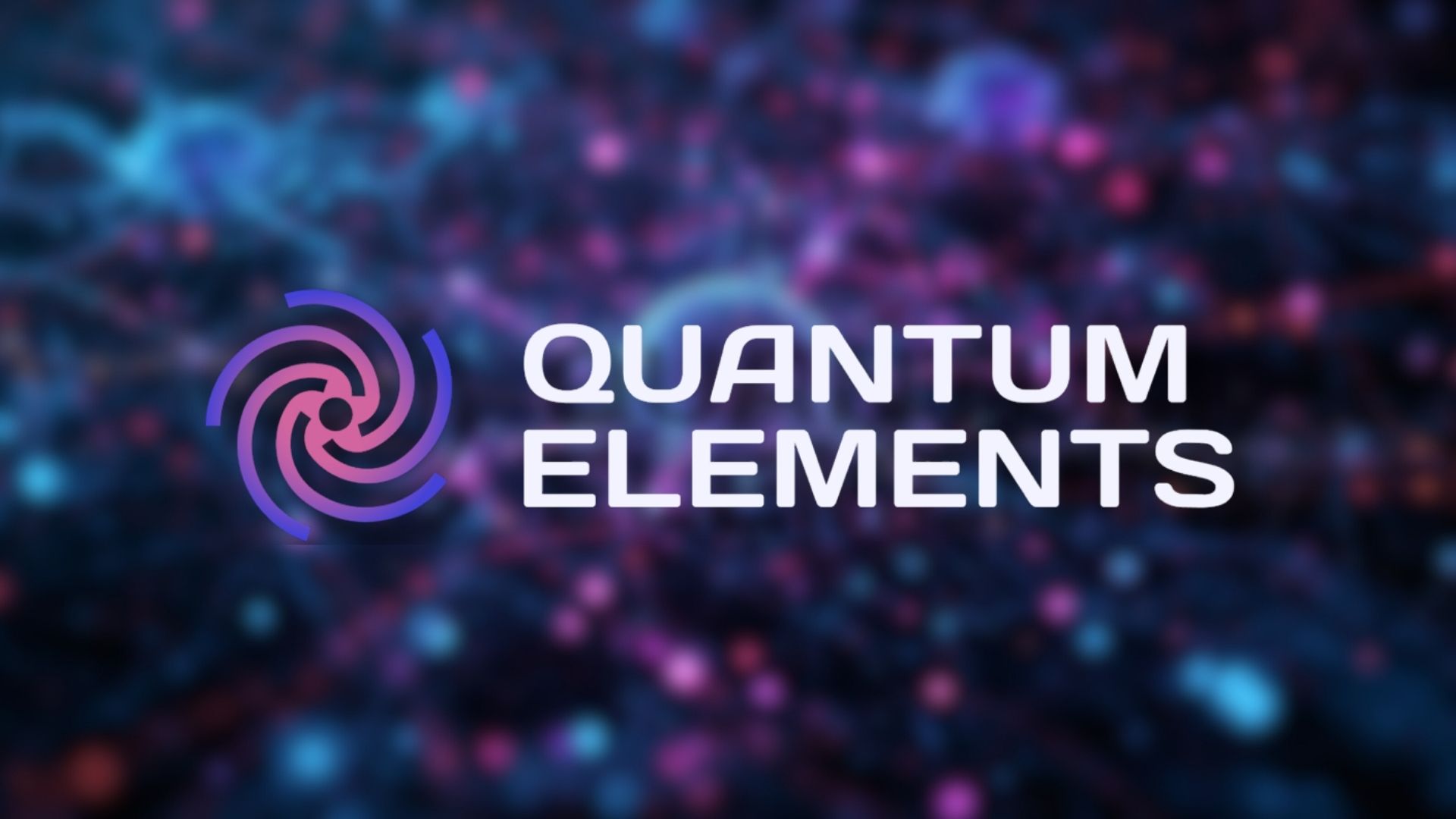Innovations across China are moving rapidly from laboratories into everyday use, spanning robotics, autonomous vehicles and quantum computing. Airports, hotels and city streets are increasingly becoming testing grounds for advanced technologies.
In Hefei, humanoid cleaning robots developed by local start-up Zerith are already operating in public venues across major cities. The company scaled from prototype to mass production within a year, securing significant commercial orders.
Beyond robotics, frontier research is finding industrial applications in energy, healthcare and manufacturing. Advances from fusion research and quantum mechanics are being adapted for cancer screening, battery safety and precision measurement.
Policy support and investment are accelerating this transition from research to market. National planning and local funding initiatives aim to turn scientific breakthroughs into scalable technologies with global reach.
Would you like to learn more about AI, tech, and digital diplomacy? If so, ask our Diplo chatbot!










